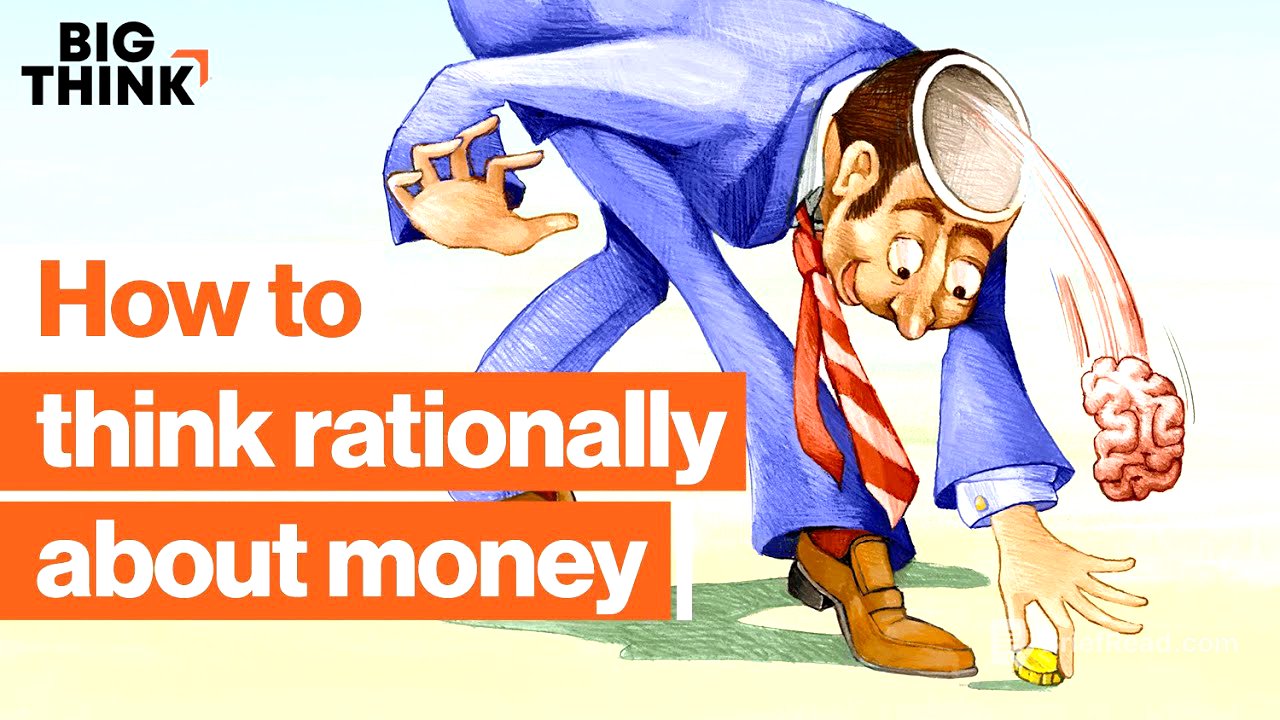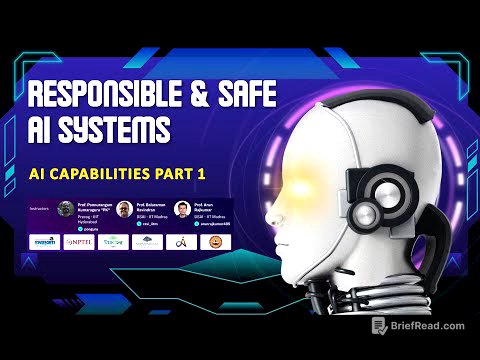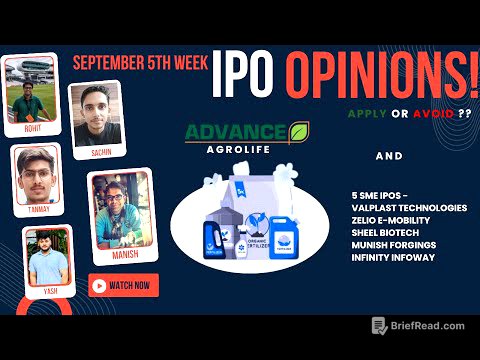TLDR;
This video explores the complex relationship people have with money and offers strategies for achieving financial independence and happiness. It challenges the conventional mindset of endless consumption and introduces the concept of "enough" as a path to a more fulfilling life. Key points include:
- Understanding and freeing yourself from the anxieties and pressures of consumer culture.
- Taking control of your finances by getting out of debt and building savings.
- Recognizing that money doesn't automatically equate to happiness and learning to spend in ways that align with your values and bring you joy.
- Teaching children about money management early on to equip them with essential life skills.
- Shifting from a mindset of "more is better" to finding contentment and purpose in "enough."
The Pervasive Fear Around Money [0:12]
Vicki Robin shares an experience from a session on the relationship with money, where she observed that everyone, regardless of their financial status, was in fear about money. This realization sparked her frustration with a society that necessitates participation in something that causes widespread terror. She felt that it was amiss.
The Pitfalls of Narrow Framing in Financial Decisions [0:54]
Daniel Kahneman explains that people often make irrational financial choices due to narrow framing, focusing on individual problems rather than considering their overall financial portfolio. This leads to behaviors like saving and borrowing simultaneously. He suggests that adopting a broader perspective and minimizing emotional reactions to financial events can lead to better decision-making.
Four Layers of Financial Independence [1:59]
Vicki Robin outlines four layers of financial independence. The first layer is achieving freedom of mind by recognizing one's sovereignty over the economy and resisting consumer culture's pressures. The second layer involves getting out of debt by halting further debt accumulation and prioritizing future opportunities over immediate gratification. The third layer is building an emergency fund with six months' worth of liquid savings to avoid falling back into debt. The final layer involves investing surplus savings to generate passive income, tracking expenses to understand where life energy (money) is being spent, and making conscious spending choices.
Understanding Finance and Keeping Emotions Controlled [5:44]
Daniel Kahneman emphasizes the importance of numeracy and understanding compound interest for making sound financial decisions. He advises framing financial matters broadly and avoiding strong emotional reactions to gains and losses. A balanced perspective helps in navigating financial ups and downs without excessive stress.
Money Can Buy Happiness — If You Spend It Right [6:55]
Vicki Robin and Michael Norton discuss the complex relationship between money and happiness. While more money doesn't automatically lead to more happiness, the way we spend money can significantly impact our well-being. Norton points out that spending on "stuff" for oneself has little correlation with overall happiness. Robin notes that conscious attention to spending habits can naturally reduce consumption by 20-25%.
Norton suggests that spending money on others, such as through charitable giving or treating friends, and investing in experiences rather than material possessions tend to bring more happiness. Experiences often involve social interaction, which contributes to increased well-being.
Teaching Children About Money [10:47]
Bruce Feiler highlights the importance of educating children about money. He shares advice from Warren Buffett's bankers, emphasizing the need to openly discuss money matters with children at an age-appropriate level. It's crucial to show them the money, limit its influence by separating chores from allowance, and allow them to make their own financial mistakes while the stakes are low. This approach prepares them for responsible financial decision-making in the future.
The New Road Map [12:59]
Vicki Robin contrasts the old roadmap of endless growth and consumption with a new roadmap centered on the concept of "enough." Enough is not a restrictive limit but a vibrant state of having everything one needs and wants for a fulfilling life without excess. This new roadmap emphasizes awareness of the flow of money and stuff in relation to one's true happiness, purpose, and values, advocating for a balanced approach that avoids both excessive minimalism and mindless consumerism.









